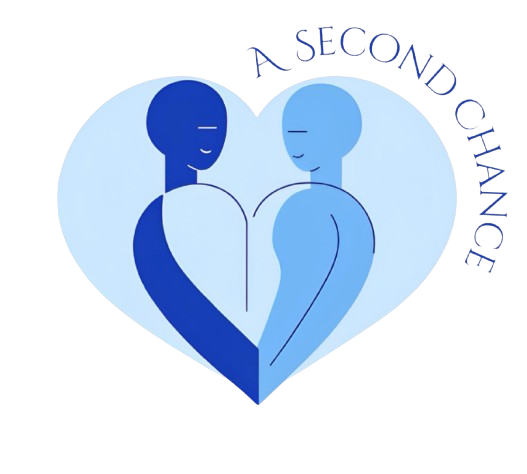
Organ Awareness
Credit: Tim Marshall
What are the types of organ donation?
There are two main types of organ donation: living and deceased. In living donation, a donor can give one kidney or part of their liver, lung, pancreas, or intestine while they are still alive. In deceased donation, organs such as the heart, liver, kidneys, lungs, pancreas, and intestines can be donated after a person has passed away. Additionally, tissues like corneas, skin, bones, and heart valves can be donated to help improve the quality of life for others. A single deceased donor can save up to 8 lives through organ donation and improve the lives of up to 75 people through tissue donation.
How do I know if I can be an organ donor?
Consent is a crucial aspect of organ donation, and different countries handle it in different ways. In many places, an "opt-in" system requires individuals to actively register as organ donors, while in some countries, an "opt-out" system assumes everyone is a potential donor unless they have chosen otherwise. Most major religions support organ donation as an act of compassion and helping others, although there may be specific guidelines depending on the faith.
Becoming an organ donor is straightforward. People can sign up through a national registry, when renewing their driver’s license, or through specific donor programs. It is a simple but powerful way to save and improve lives, ensuring that even after death, individuals can leave behind a lasting legacy of generosity and hope.
To learn more about registering to be an organ donor, please visit https://www.organdonor.gov/sign-up/how
Credit: Pixabay
How are organs matched to recipients?
Matching organs to recipients involves a complex system that considers factors such as blood type, tissue type, the recipient’s medical urgency, waiting time, and geographical location relative to the donor. With more than 100,000 people on the waiting list for organ transplants in the U.S. alone, the need for donors is high. Despite this, many people hold back from registering due to myths and misconceptions. One common myth is that medical professionals won’t try as hard to save a donor’s life if they know the person is registered as a donor. In reality, doctors focus solely on saving the patient, and organ donation is only considered after all life-saving efforts have been exhausted.
What is organ donation?
Organ donation is the process of giving an organ or tissue from one person, the donor, to another person, the recipient, who needs it to survive or improve their health. This donation can occur either while the donor is still alive or after their death. Organ donation is vital for those suffering from severe organ failure, such as conditions affecting the heart, kidneys, liver, or lungs, and it can be life-saving for many recipients.




